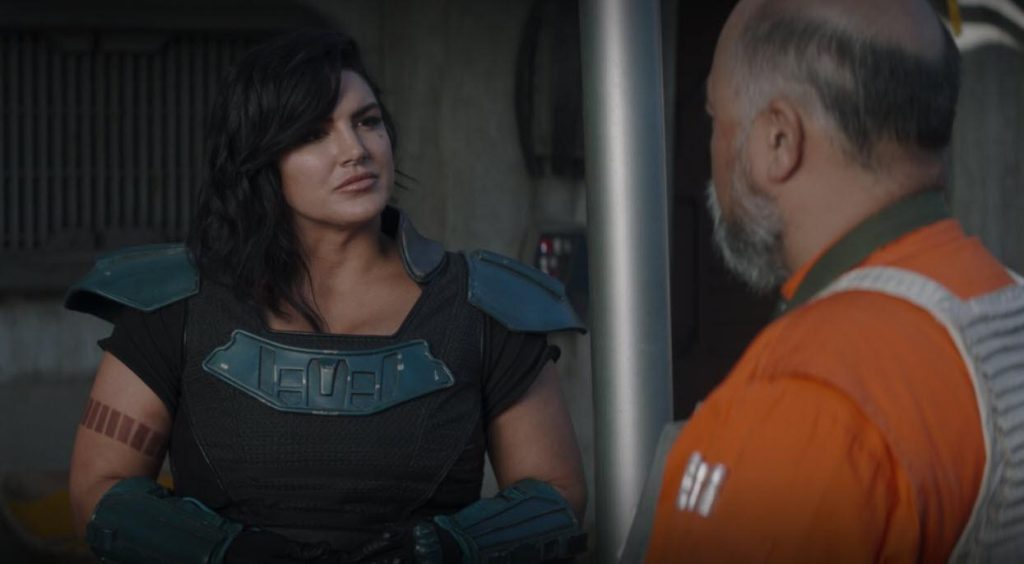Gina Carano has filed a lawsuit against Disney for her firing from The Mandalorian, which has garnered attention for its unique aspects, including an elaborate Star Wars metaphor in the filing and being financed by Elon Musk. Her controversial comments on Twitter, including transphobia and comparing persecuted Republicans to Jews in World War II, were cited as a reason for her dismissal. Despite the unusual nature of the lawsuit, a judge has declined to dismiss it, meaning it will either go to trial or Disney and Carano will have to settle.
The judge noted that Disney, as a for-profit corporation, does not require actors to meet certain “moral” characteristics, such as respect, decency, integrity, or inclusion, as they claim. He highlighted that Disney had not provided evidence to support their argument that actors must possess these traits to be employed. Disney had previously stated that Carano’s Nazi remark, comparing criticism of political conservatives to the Holocaust, was the final straw for her dismissal. The lawsuit challenges Disney’s decision to fire Carano based on her controversial statements.
Disney may choose to settle with Carano rather than go to court, as her claim seeks to be rehired via a court order and receive damages of at least $75,000. It is unclear if Disney will pursue legal action or opt for a settlement. Carano’s career has been significantly impacted by the controversy, leading her to star in conservative-funded movies like Terror on the Prairie and My Son Hunter, the latter of which is loosely based on Hunter Biden. The case now revolves around whether the harm to Carano’s career is solely her fault or a result of Disney’s actions, and many are surprised that the lawsuit has progressed this far.
Carano’s lawsuit against Disney for her firing from The Mandalorian has raised questions about the boundaries of free speech and employer discretion. The lawsuit challenges Disney’s decision to terminate Carano’s contract based on her controversial statements on social media. The judge’s decision not to dismiss the case suggests that there may be merit to Carano’s claims, leading to speculation about a potential trial or settlement between the parties. The lawsuit’s outcome could set a precedent for how corporations handle similar situations in the future, highlighting the complexities of balancing freedom of speech with professional responsibilities.


